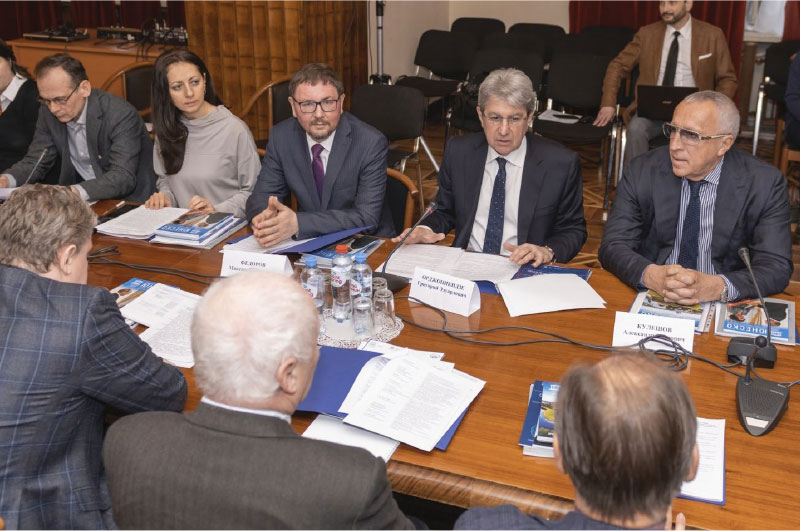
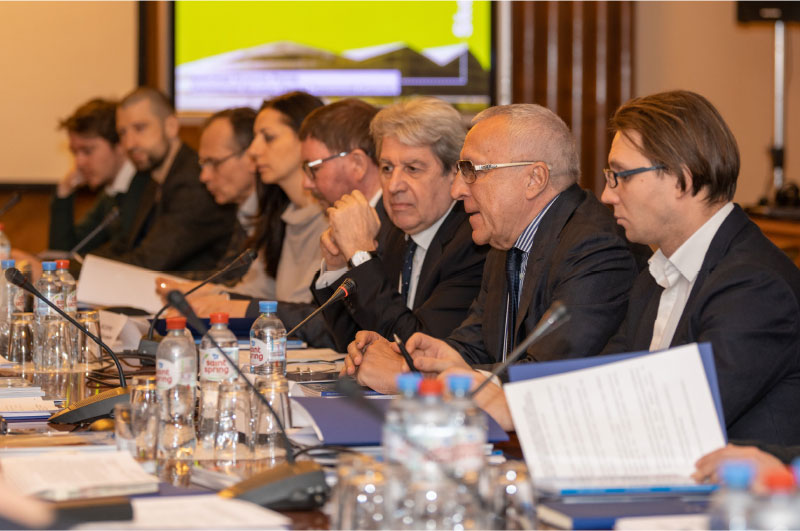
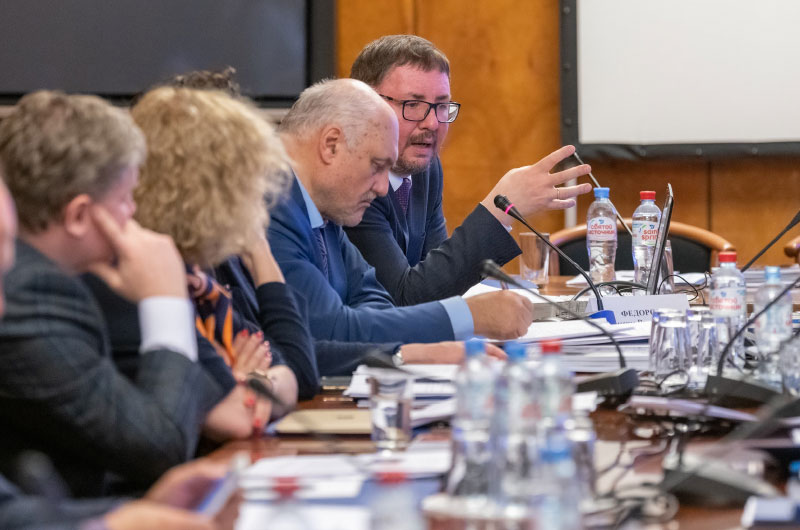
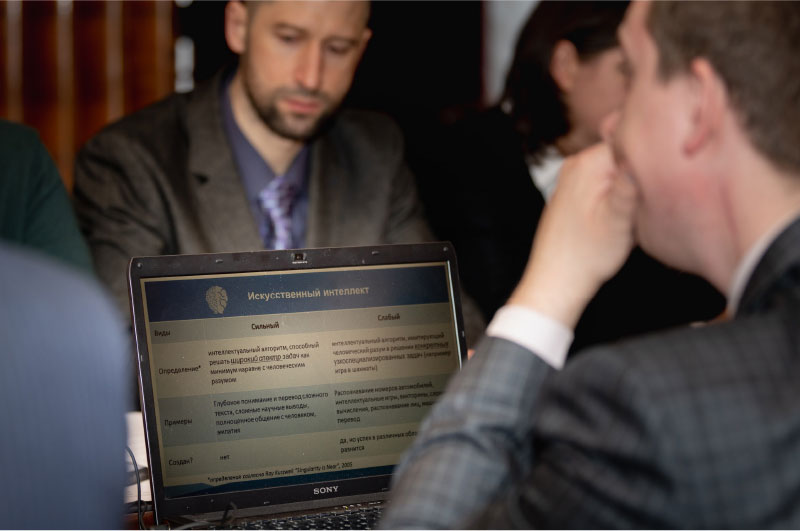
Photo: Skoltech.
Russia is an active participant in the development of international regulatory tools for the oversight of artificial intelligence (AI), a technology capable of bringing irreversible change to the political, economic and social structure of the entire world.
While the widespread implementation of AI will be an issue for the near future, our country is confident that this is the appropriate time for the creation of an ethical framework for these promising developments.
One of the major outcomes of the 40th General Conference of UNESCO, which was held in November, 2019, was the decision to elaborate on the ethical rules of AI. The Russian Federation welcomed this important and timely undertaking and got straight to business. Among their efforts, the Commission of the Russian Federation for UNESCO established the Committee on Ethics of Artificial Intelligence, which will serve as an advisory board within UNESCO for the development and coordination of Russia’s approach to international collaboration in the field of AI.
The Committee brings together representatives from relevant ministries and agencies, renowned scientists and experts in IT and digital technologies, and heads of leading scientific, educational and commercial institutions that are involved in the development of AI technologies and took part in the creation of Russia’s National Strategy for the Development of Artificial Intelligence for the period until 2030.
On February 27, 2020, the Committee held their inaugural meeting in Moscow, where members were elected to leadership positions. Alexander Kuleshov, Head of the Skolkovo Institute of Science and Technology (Skoltech) and member of the Russian Academy of Sciences became Chairman of the Committee. Maxim Fedorov, Director of Skoltech Center for Computational and Data-Intensive Science and Engineering, was elected Executive Secretary.
Grigory Ordzhonikidze, Russian Ambassador-at-Large and Executive Secretary of the Commission of the Russian Federation for UNESCO, greeted the participants of the meeting. He discussed the Organization’s experience in creating international regulatory tools for state-of-the-art scientific advances, including the World Commission on the Ethics of Scientific Knowledge and Technologies (COMEST) and the bioethics programme. He also put forward UNESCO’s plan to draft a similar document pertaining to AI.
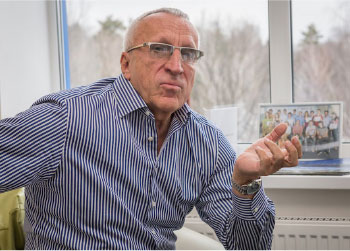
Chairman of the Committee, Alexander Kuleshov, presented an overview of current global developments in AI and explained the rationale behind the advancement of these technologies, by attributing this current shift to the latest achievements in machine learning and neural networks. In his opinion, the main challenge regarding the implementation of AI in various spheres of knowledge is the biased nature of the software, because it is trained using specific examples selected by humans. He concluded that, in addition to promoting Russian approaches to AI in UNESCO, the established Committee should consider educational outreach to be one of their primary objectives.
Professor Maxim Fedorov spoke to participants of the Committee meeting, familiarizing them with the various activities that international organizations conduct in the field of AI regulation and related technologies, making note of the special role that UNESCO plays in this process. Fedorov had previously participated in a number of major UNESCO events related to AI and had been appointed by UNESCO Director-General Audrey Azoulay to serve on an expert working group for the preparation of recommendations for AI ethics.
Andrey Neznamov, Executive Director of the Sberbank Data Center for Government Agencies also presented at the meeting, focusing particularly on the relationship between ethics and the legal regulation of the industry. The Data Center serves as the center of competence in the field of artificial intelligence under the Russian national program Digital Economy.
The Committee members outlined a plan for further action and agreed to hold regular “brainstorming sessions” at least twice a year. The next Committee meeting will be held in the spring of 2020 at Skoltech, located on the premises of the Skolkovo Innovation Center, Russia’s leading technology park.
The Russian Committee on the Ethics of Artificial Intelligence is the first committee of this nature in the world to operate under the National Commission for UNESCO. Understanding artificial intelligence and discovering ways to humanize the technology is a serious and extensive task facing the international community. As such, the Russian party is calling for enhanced cooperation between all interested states and invites them to take part in this collective and constructive work.
Konstantin Emelin
